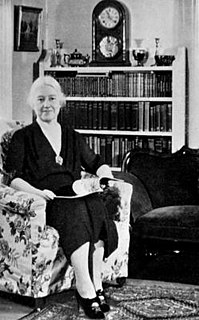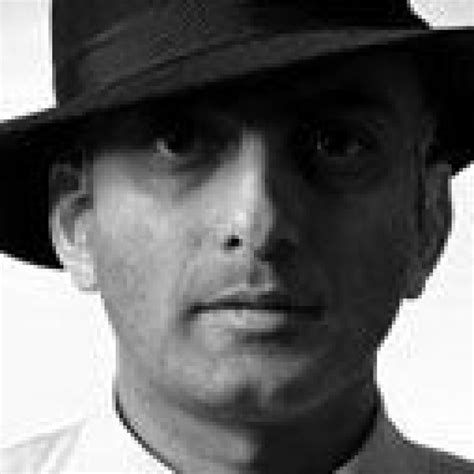A Quote by John Drinkwater
Any long work in which poetry is persistent, be it epic or drama or narrative, is really a succession of separate poetic experiences governed into a related whole by an energy distinct from that which evoked them.
Related Quotes
In order for my live performance to work, which is about generating a focused energy for about an hour and a half, it is necessary for me to listen and take in someone else's focused energy the day of or the day before the live show. That can transpire through a conversation, or inspiration can occur by looking through any type of visual book which sparks a narrative. That narrative then becomes today's seed and can then take root in music terms, where a sonic tree begins to grow.
Poetry is related to philosophy as experience is related to empirical science. Experience makes us acquainted with the phenomenon in the particular and by means of examples, science embraces the whole of phenomena by means of general conceptions. So poetry seeks to make us acquainted with the Platonic Ideas through the particular and by means of examples. Philosophy aims at teaching, as a whole and in general, the inner nature of things which expresses itself in these. One sees even here that poetry bears more the character of youth, philosophy that of old age.
Yet, after all, faith is not our righteousness. It is accounted to us in order to righteousness (Rom 4:5, GREEK), but not as righteousness; for in that case it would be a work like any other doing of man, and as such would be incompatible with the righteousness of the Son of God; the righteousness which is by faith. Faith connects us with the righteousness, and is therefore totally distinct from it. To confound the one with the other is to subvert the whole gospel of the grace of God. Our act of faith must ever be a separate thing from that which we believe.
We live in succession, in division, in parts, in particles. Meantime within man is the soul of the whole; the wise silence; the universal beauty, to which every part and particle is equally related, the eternal ONE. And this deep power in which we exist and whose beatitude is all accessible to us, is not only self-sufficing and perfect in every hour, but the act of seeing and the thing seen, the seer and the spectacle, the subject and the object, are one. We see the world piece by piece, as the sun, the moon, the animal, the tree; but the whole, of which these are shining parts, is the soul.
What the world wants, what the world is waiting for, is not Modern Poetry or Classical Poetry or Neo-Classical Poetry - but Good Poetry. And the dreadful disreputable doubt, which stirs in my own skeptical mind, is doubt about whether it would really matter much what style a poet chose to write in, in any period, as long as he wrote Good poetry.
I'm struggling with what is epic. People decided I was epic - if by epic, do you mean a big, heavy book? 'David Copperfield' is a big book - is it epic? Amount of time covered, length, drama, or story - that's the real appeal - if the story is long you have a better chance of becoming more connected.
The preservation of a free government requires not merely that the metes and bounds which separate each department of power be invariably maintained; but more especially that neither of them be suffered to overleap the great Barrier which defends the rights of the people. The Rulers who are guilty of such an encroachment, exceed the commission from which they derive their authority and are Tyrants. The people who submit to it are governed by laws made neither by themselves nor by an authority derived from them, and are slaves.





































